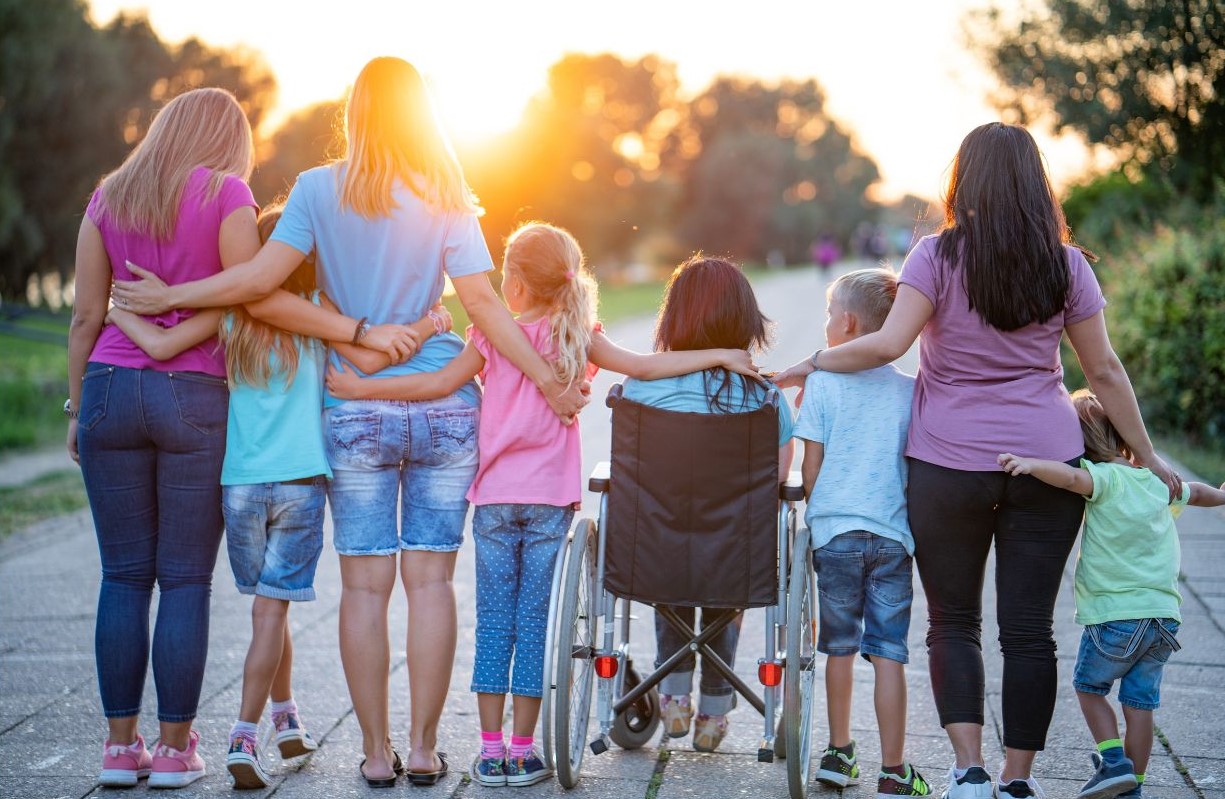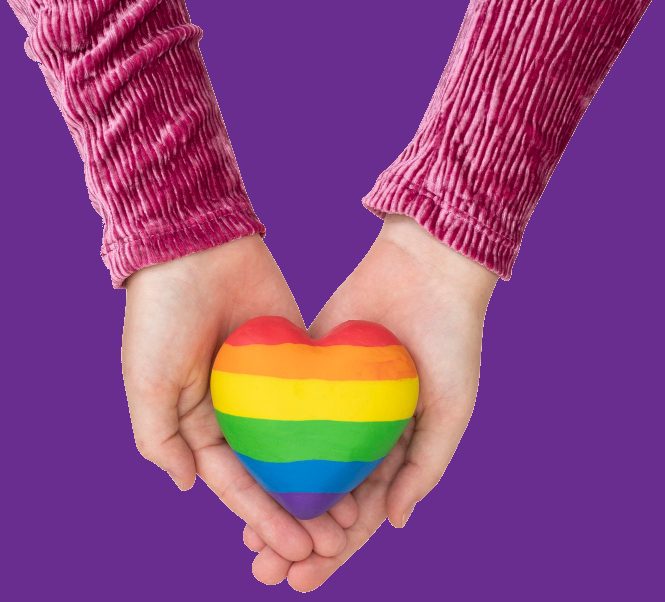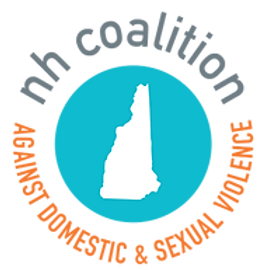Many people in Sullivan County live with a disability, which affect more than 1 in 4 women, and 1 in 5 men in the US (source cdv.gov). Along with other challenges they may face, people with disabilities are at a greater risk of experiencing sexual violence or intimate partner violence, where abuse or aggression occurs in a romantic relationship and can include both current and former spouses and/or dating partners. Part of the reason for this increased risk is the potential that disabilities raise for: isolation from the community, reliance on abusers for care, and barriers to getting help. Women with disabilities are particularly vulnerable and are 40% more likely to experience intimate partner violence.
July is Disability Pride month, which marks the landmark enactment of the 1990 Americans with Disabilities Act, extending civil rights protections to the disabled community. How can we use this time to move toward being an inclusive community and support all community members, regardless of ability?
To start, we can work to educate others in the community about disabilities and the barriers, both visible and unseen, that exist. We can help those with disabilities in our communities by treating them fairly and ensuring they have access to needed services. If you know someone who has a disability, talk to them about their relationship health. Are they feeling balanced in their relationship? Does their partner support their independence and allow them to interact with others?
Abuse may look different for survivors with disabilities and can include separating them from others, ignoring their disability, attaching shame or humiliation to the disability or using it to justify abusive behaviors, damaging or withholding their assistive devices or overmedicating, controlling their ability to work or misusing/stealing their disability income. Check-ins are important for overall health and well-being and are a great show of support in relationships.
At Turning Points Network, we support survivors and students where they are. Our prevention educators have had the privilege of working with students of all abilities, many of whom are able to draw connections to their own choices and relationship health. Take for example “Joe”, who learned that sending frequent messages online wasn’t something recipients should just “deal with” if it made them uncomfortable but is an example of the sender not respecting their boundaries. Joe now understands that not only does he have boundaries, but he should also respect others’ boundaries as well.
If you (or someone you know) are experiencing sexual or physical abuse, call or text us at Turning Points Network. We are here to listen and to help. You will find safety and respect as you explore your options.
OUR TURN is a public service series by Turning Points Network (TPN) serving all of Sullivan County with offices in Claremont and Newport. We provide wraparound support for survivors of domestic and sexual violence, stalking, and sex trafficking and we present violence-prevention education programs in our schools. For more than 40 years, TPN has helped people of all ages move from the darkness of abuse toward the light of respect, healing, and hope. Follow us on Facebook and Instagram!






